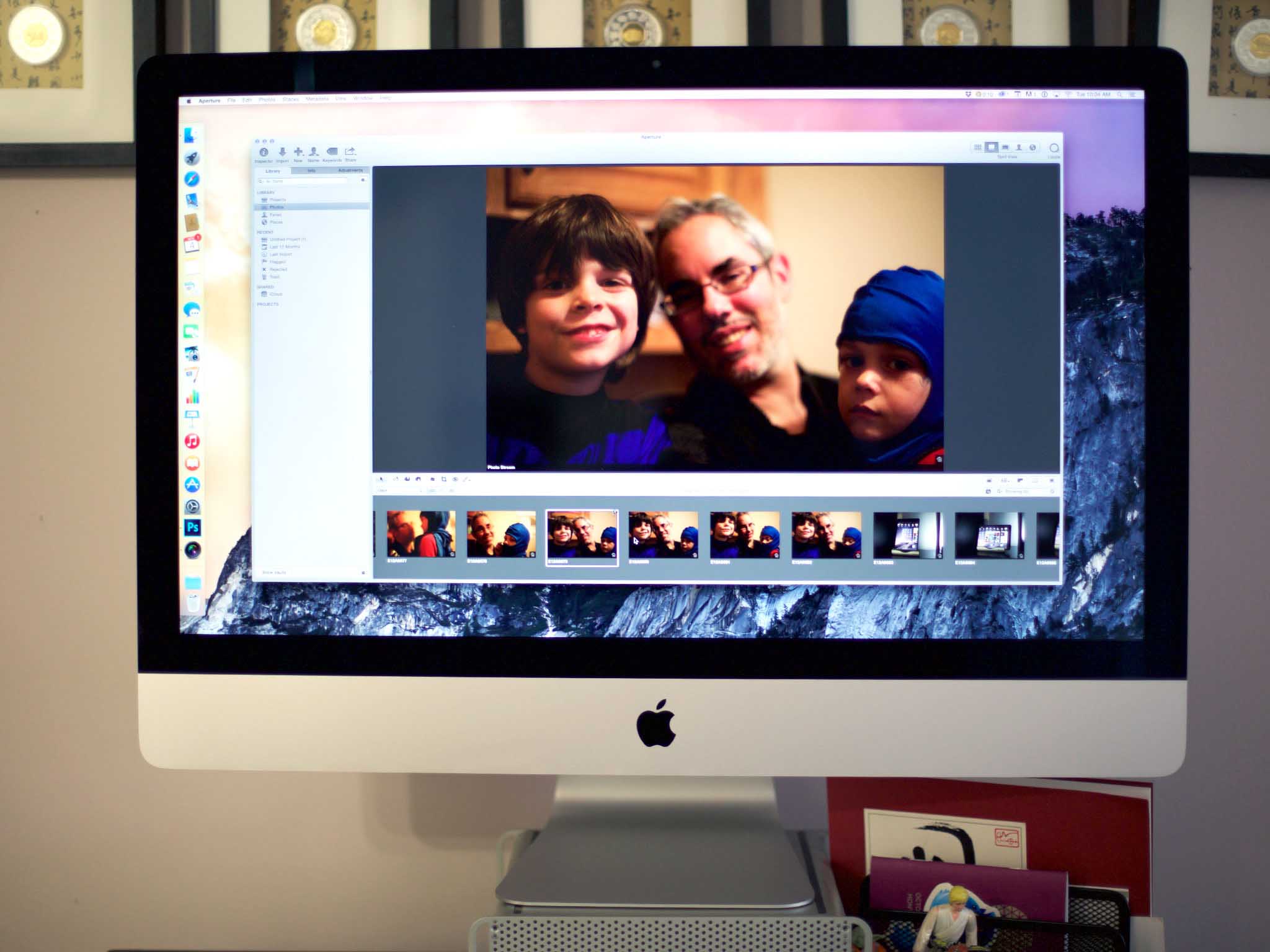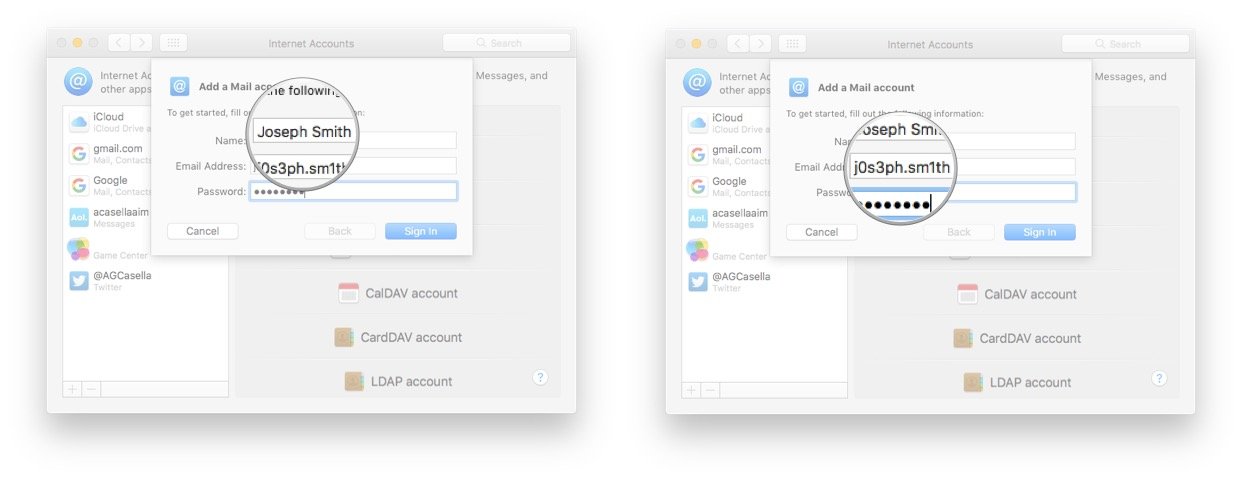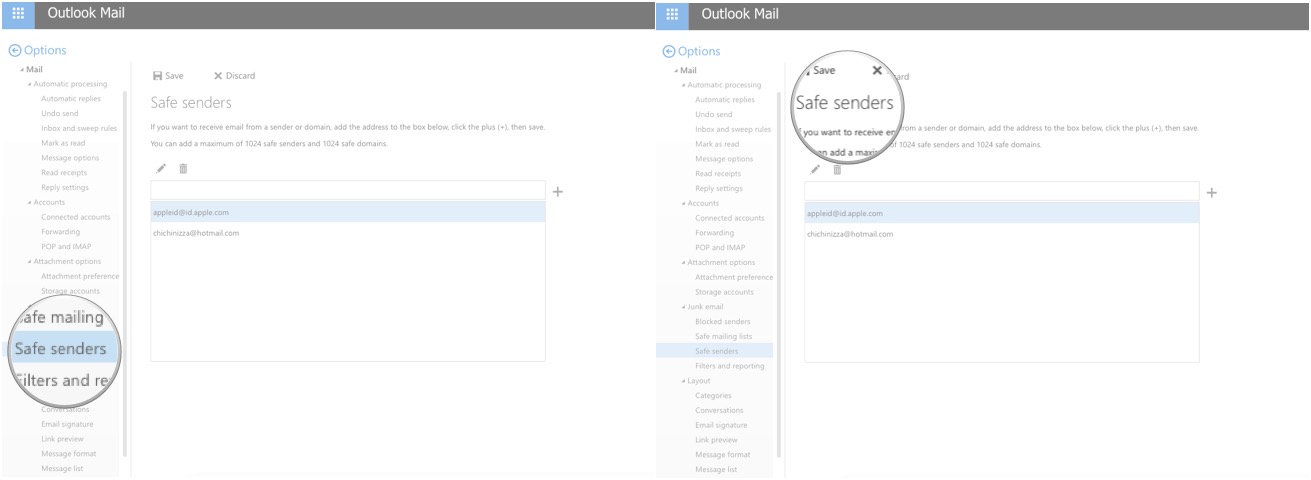Give your kids the gift of extra email privacy and protection

Are you concerned about your child's online presence? Perhaps you're worried about random people guessing your child's email address and sending unsolicited mail or worse? Here are some simple suggestions to help keep your child and their email safe.
- Why bother with obfuscating email?
- What is Simple Character Swapping?
- How does Character Swapping help?
- Although this can help, this is NOT enough!
Why bother with obfuscating email?
If you truly want to protect your children from online troubles such as bullying, spam emails, and viruses, the only foolproof method would be to not allow them any sort of internet access at all. Since the birth of the Information Age, though, not having an online presence could be considered more of detriment than an asset. Having an online presence, however, opens your child up to the myriad spambots, trolls, and bad elements that exist and, for a new netizen, they could be ripe for abuse. Although you can follow our other Parental Control articles, an additional method I use for my own children is simple character swapping for their usernames.
What is Simple Character Swapping?
Character swapping can be thought of as an alphabet code akin to the decoder ring from A Christmas Story. To make it easier for kids, who could easily lose or forget to have a decoder ring around, we've opted for swapping vowels for similar-looking (with some squinting at times) numbers or symbols. Here is what it looks like (you can swap these for whatever is easiest for you and your family, of course):
- A becomes 4
- E becomes 3
- I becomes 1
- O becomes 0
- U becomes 7
For example, if you're making an email account for a child named Joseph Smith, during account creation, you'd enter J0s3ph.Sm1th as the username. Although the username may look unwieldy, it's easy to remember the character swap. You needn't worry about the visual format either, since, when setting up a mail client, you are presented with an option for what your name will be visually to the rest of the world if you so wish.

How does character swapping help?
Character swapping helps as an added level of privacy and protection by allowing for a modicum of additional obfuscation. If an email address is easily guessed, someone can send unsolicited and targeted email if they might know your name. Secondly, spambots typically read headers so that they can create seemingly tailored emails to you so that you click a link or open a file. If an email starts with "Dear Joseph", a neophyte netizen may be inclined to fall prey to fishing techniques, click a link to a virus, and compromise their computer. If, however, the email is in the format of "Dear J0s3ph", it's easier to discern a "fake" emailer.
It can also help by having to force your child to disseminate their email address with specificity. For example, it's easy for me to flippantly tell someone my email address if it's simply "my name @ some domain name". Having a more difficult email forces you to ensure proper transmission of the email and as a benefit, you're actively and knowingly giving your email to someone you purposely want to have your email address. You are actively engaged in it's dissemination.
Finally, having an email address with this level of added complication will help to avoid having email mistakenly sent to you when it was meant for a similarly named email address. You'll know an email you are receiving was likely meant for you specifically.
Master your iPhone in minutes
iMore offers spot-on advice and guidance from our team of experts, with decades of Apple device experience to lean on. Learn more with iMore!
Although this can help, this is NOT enough!
Security through obscurity is never to be relied upon exclusively. This is simply in addition to your other security habits. I chose a mail service where I could set up a safe senders list of allowed senders for my children until they get older and can start to discern online trickery for themselves. In our case, I used hotmail.com (now changed to https://outlook.live.com). You needn't go with Outlook if you don't wish and there are a myriad of other email services that may provide you with a Safe Senders list.

What are your tips?
The more we educate our children and ourselves, the better we will be able to keep a better handle on internet tomfoolery. What tips or suggestions do you have to help safeguard your child netizen? Also, please post your preferred email provider for your children and specify if they implement a Safe Senders list!

